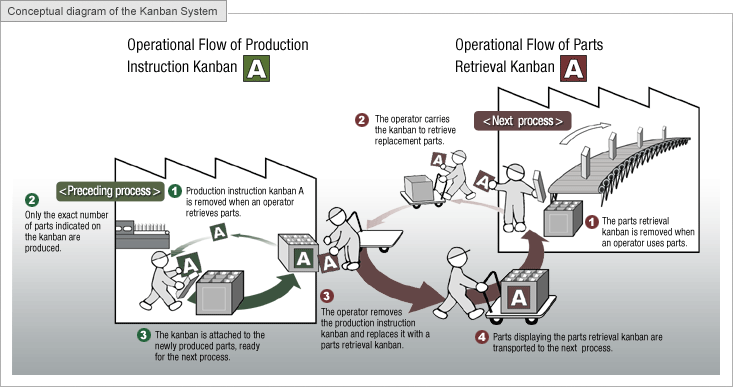There are many benefits to manufacturing abroad, but the logistics of it never come without challenges. Whether you are just beginning your manufacturing journey or have already established a process, here are 6 things to look for in a contract manufacturing partner. With the right choice of a contract manufacturing partner, the process will be easier and much more manageable:
1. Established Network of Quality Subcontractors
It can be difficult to find quality factories or suppliers on your own. Beyond finding a subcontractor that has the capabilities to meet your needs, it can be tough to determine the reliability and integrity of some of these businesses. On your own, this type of issue can only truly be addressed by an in person visit, but that can be time consuming and impractical.
A good partner will have already built a relationship with many subcontractors and can vouch for their quality. They will have connections that can much more quickly lead you to someone that will suit your needs. That’s a valuable resource!
2. Extensive Local and Nationwide Logistics Capabilities
Not only limited to international shipping and services, ideal Tier 2 and Tier 3 subcontractors in more rural areas off the beaten path are often accessible. Local cost and timing are essential for finished assembles to be delivered on time. By leaving logistics and transportation headaches to an experienced contract manufacturer, your time and energy doesn’t need to be invested in frequent international travel and navigating foreign transportation.
3. Established Organization with Extensive Resources
A customized build of a high quality product requires that all parts, assemblies, testing, and packaging are delivered within a limited time frame. To overcome expected and unexpected hurdles, you’ll have expert teams working to solve problems in engineering, quality, planning, and other specialty areas. However, not all contract manufacturers have capabilities in all specialty areas, so make sure yours does in order to get the most out of it.
Additionally, sometimes even if you do find a good supplier or factory, it can be challenging to get them to want to do business with certain types of needs, especially for new innovative projects. Working with an established partner that already has a positive reputation can be extremely helpful in earning trust and influencing other subcontractors to take your business seriously.
4. Effective Communication
Contract manufacturing is a matrix of complex operational tasks. Communication or information flow plays a key role in the success of project planning, engineering, quality, logistics and all other day-to-day commanding and reporting during a project. Lack of effective communication will cause immediate failure. It is also beneficial to work with a partner that can bridge the language barrier gap.
5. A Data System That Assures Sustainability
6. Proven Experiences





